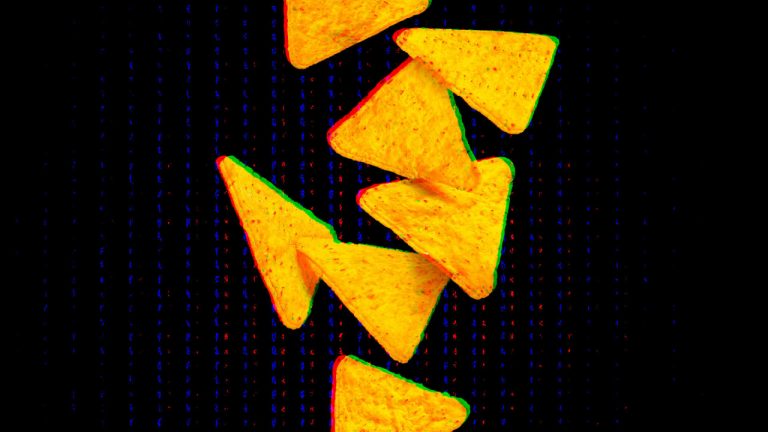

There’s a new theory making the rounds on TikTok that seems to apply to everything from food habits to relationships. It’s called “Dorito theory,” and it offers an explanation for the very relatable inclination to keep doing things that are, well, not all that satisfying.
It sounds totally counterintuitive, until you think about how that might play out in real life. Have you ever repeatedly shoveled a less-than-satisfying snack food into your mouth, seeking a fulfillment that never comes? Dorito theory. Have you ever scrolled mindlessly through social media for hours? Dorito theory.
According to TikTok user Celeste Aria, who posted about the theory in a now-viral video (though it’s unclear who actually coined the phrase), it can explain why human beings engage in behaviors that don’t really benefit their well-being.
“One thing I can’t stop thinking about is called the Dorito theory,” she said in the post. “I learned about this, and now I see everything a little bit differently.” Aria continues, explaining that the theory’s name comes from the idea that eating something like Doritos might leave you unsatisfied when compared to consuming food that is far more nutrient-dense and satiating, like a steak.
Essentially, it comes down to one overriding principle: “Experiences that aren’t truly satisfying are maximally addictive,” she says.
The idea suggests that perhaps our brains are hard-wired to keep seeking that full satisfaction when we’re only getting little hits of pleasure. Whether it’s the full truth or not, commenters on the post had a lot to say. Some suggested that drinking alcohol feels like Dorito theory, while others said it described gambling.
“People addicted to slot machines have the highest dopamine levels when it is spinning, not winning OR losing,” one said. Another commenter noted, “Someone said if it’s bad for you, you feel great during but feel worse afterwards.”
Dr. Jamie Sorenson, a board-certified psychiatrist, says the TikTok-famous concept makes sense from a psychiatric perspective. “Dorito theory is consistent with other addiction and behavioral theories,” she tells Fast Company. “The more immediate [the reward], the more likely we are to repeat that behavior, whether it’s eating Doritos, using a drug of choice, or scrolling on social media.”
Certainly, Dorito theory could apply to mindless daily habits like snacking or doomscrolling. But what’s even more fascinating is that the notion can also apply to big things, like romantic relationships. If you’ve ever stayed in a subpar relationship—or even a toxic one or “situationship”—for longer than you should have, maybe Dorito theory was at play.
Sorenson says that relationship behavior can mirror addiction and adds that when her patients are in toxic relationships, she tries to point out what’s missing. “I point out that no one is all good or all bad, but it’s important to find someone who brings out the best in you. Do you feel like you are your best self with this partner? The answer is almost always no.” Likewise, Doritos might be a comforting snack, but that’s about it.
When it comes to explaining why humans are compelled to partake in behaviors that feel addicting, there is always more research to be done. But as unscientific as putting the words “Dorito” and “theory” in the same phrase sounds, it somehow feels wildly astute.
Source:Sarah Bregel , www.fastcompany.com, [publish_date
Source Link